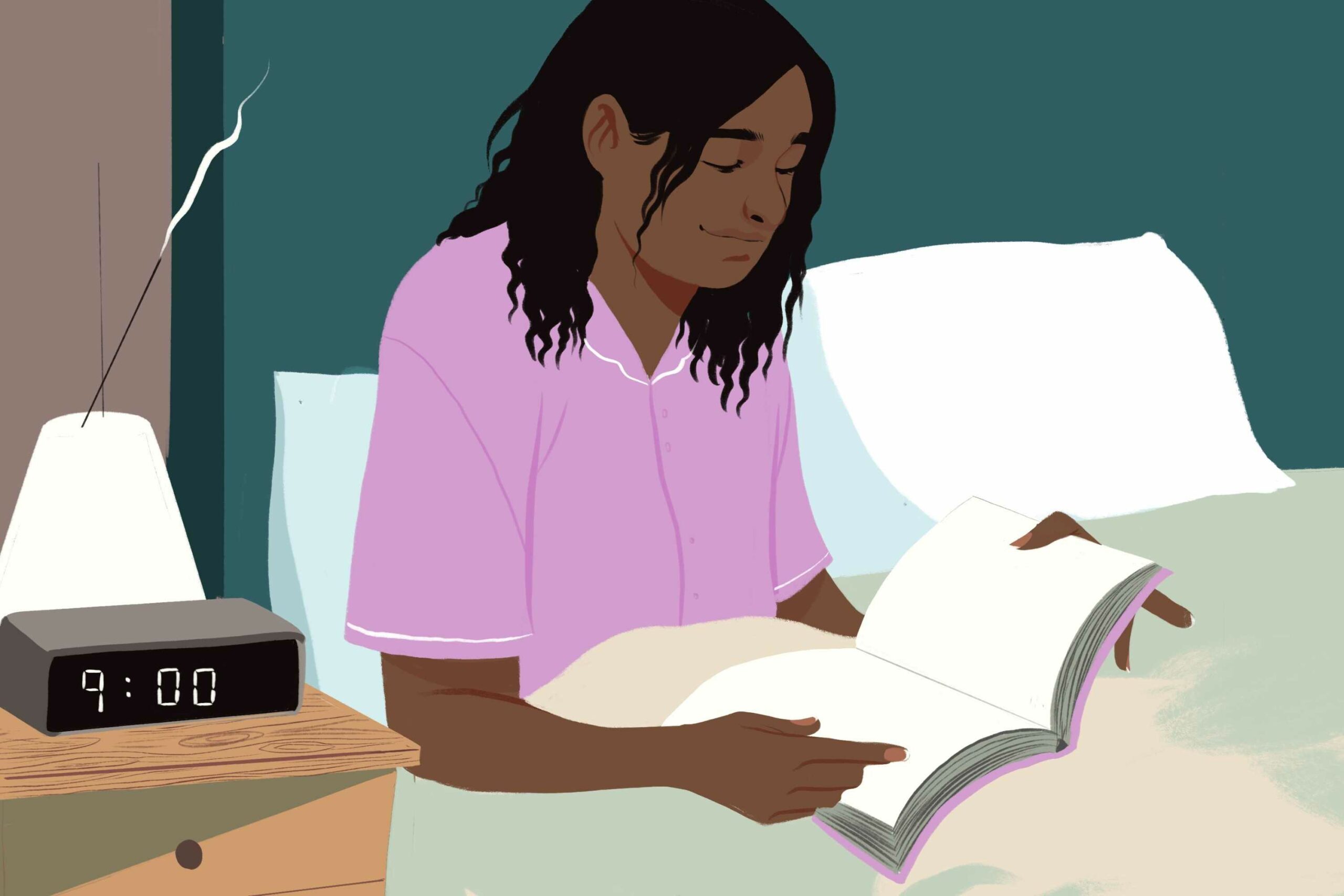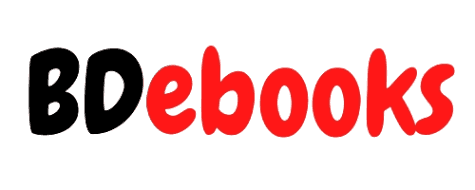Book Reading Habit Help To Fight With Depression Is a notion that might or might not be known or thought of by many, but it is something interesting to think about. In the realm of mental health, the power of literature often remains unexplored. Reading books, a seemingly simple activity can serve as a potent tool in combating depression. It offers therapeutic relief, providing an escape from reality and a chance for introspection.
Bibliotherapy, or using selected reading materials for therapeutic purposes, has shown promise in alleviating mental health challenges. Reading, particularly fiction, enhances social cognition and empathy, while the sense of community found within the pages can help mitigate feelings of loneliness, a common symptom of depression.

The benefits of reading extend beyond the act itself, with its positive effects on mental health persisting long after the book is closed. However, it’s crucial to remember that while reading can aid in managing depression, professional help should be sought if depressive symptoms persist.
What Is The State Called Depression?
A major depressive disorder also known as Depression. It is a prevalent and severe health condition that significantly impacts your emotions, thoughts, and actions. It triggers feelings of sorrow and a diminished interest in previously enjoyed activities.

Symptoms can encompass persistent sadness or a low mood, a lack of interest or pleasure in previously enjoyed activities, changes in appetite, sleep disturbances, a decrease in energy or heightened fatigue, concentrating, difficulty in thinking, or making decisions, and thoughts of death or suicide.
These symptoms must persist for at least two weeks and must represent a change from your previous level of functioning to be diagnosed as depression. Depression is more than just feeling low for a day or two – it usually continues for weeks or months. It’s important to note that depression is treatable.
Explaining The Benefits of Reading Books
Reading books is a multifaceted activity that offers a wealth of benefits. It serves as a gateway to a vast expanse of knowledge covering many subjects and genres such as Fiction, Fantasy, Adventure and many many more. Reading stimulates the brain, enhancing cognitive function and memory. It also improves focus and concentration, skills that are transferable to many aspects of life.
Books offer a unique form of entertainment, transporting readers to different worlds and scenarios. They also foster empathy by allowing readers to experience life from different perspectives. Reading enhances communication skills by expanding vocabulary and improving language proficiency.
It also provides a form of relaxation, helping to reduce stress levels. Importantly, reading has been linked to improved mental health, including reduced symptoms of depression. Some studies even suggest that the cognitive engagement provided by reading can contribute to longevity.
Thus, reading extends beyond mere enjoyment, offering numerous benefits that can enhance various aspects of life.
Book Reading Habit Help To Fight With Depression?
There are several ways in which the benefits of reading books can potentially counteract the symptoms of depression:
- Escapism: Reading can provide an escape from reality, which may benefit those with depression who need a break from negative thoughts.
- Reduced Loneliness: Books can provide companionship, alleviating loneliness associated with depression.
- Improved Sleep: Regular reading before bed can help establish a sleep routine, potentially helping those with depression who have trouble sleeping.
- Stress Reduction: Reading is a great way to reduce stress and manage depression.
- Cognitive Stimulation: Reading stimulates the brain, which can be beneficial for those with depression, as depression can often cause difficulties with concentration and memory.
- Improved Self-Esteem and Empathy: Reading can improve self-esteem and empathy, which can be beneficial for those with depression who may struggle with low self-esteem and feelings of isolation.
It’s important to note that while reading can be helpful in managing depression, it should not replace professional help. If you are struggling with depression, It’s Beneficial and most logical to reach out to a mental health professional for assistance.
How Do We Make The Habit of Reading Books?
Here are some tips to help make reading a habit:
- Set aside time to read every day: Even if it’s just 5-10 minutes, try reading at least once daily. If possible, read at the same time every day so your brain starts associating that time with “reading time.”
- Read exciting books: Choose books that seem interesting to you. If you’re not engaged by the text you’re reading, it can make reading feel like a chore.
- Carry a book with you everywhere: Keep a book with you at all times so you can read during any free time you have throughout the day.
- Join a book club: Being part of a reading group gives you some accountability for your reading.
- Set reading goals: Set a goal to read a certain number of books each year and do your best to stick to it.
- Read in Bursts: Some people find it easier to maintain their reading habits by reading in short bursts.
- Quit More Books: If a book doesn’t grab your attention, walking away from it is OK.
- Use a Reading Tracker: This can help you keep track of your reading progress.
- Create a Reading Bucket List: This can help you decide what to read next.
- Master the Art of Reading: This involves understanding your reading preferences and creating a conducive reading environment.
List Of Books to Read for Depression
There are quite a few books you can find to read in depression so, here are some titles you may find good to read in times of your needs.
- “This Is Depression: A Comprehensive, Compassionate Guide for Anyone Who Wants to Understand Depression” by psychiatrist Diane McIntosh. This book explains the many facets of depression as well as the various treatment options available.
- “Feeling Great: The Revolutionary New Treatment for Depression and Anxiety”. This book is recommended for managing negative thoughts.
- “Learned Hopefulness: The Power of Positivity to Overcome”. This book is based on positive psychology and is recommended for understanding depression.
- “Cognitive Behavioral Therapy Made Simple”. This book recommends using Cognitive Behavioral Therapy (CBT) to understand depression.
- “Unlearning Anxiety & Depression: The 4-Step Self-Coaching Program to Reclaim Your Life”. This book is recommended for managing anxiety and depression.
- “Maybe You Should Talk to Someone: A Therapist, HER Therapist, and Our Lives Revealed.” This book is recommended for therapists.
- “Your Happiness Toolkit: 16 Strategies for Overcoming Depression, and Building a Joyful, Fulfilling Life”. This book is recommended for recovery.
- “101 Ways to Be Less Stressed: Simple Self-Care Strategies to Boost Your Mind, Mood, and Mental Health” This book is recommended for stress management.
- “Grief Works: Stories of Life, Death, and Surviving”. This book is recommended for grief.
- “Overcoming Unwanted Intrusive Thoughts: A CBT-Based Guide to Getting Over Frightening, Obsessive, or Disturbing Thoughts.” This book is recommended for managing intrusive thoughts.
- “Depression-Free, Naturally”: This book is recommended for stabilizing emotions.
- “Feeling Good: The New Mood Therapy”: This book is recommended for managing mood.
- “Parenting the New Teen in the Age of Anxiety”: This book is recommended for parental understanding.
- “The Happiness Trap”: This book is recommended for self-doubt.
- “Self Compassion: The Proven Power of Being Kind to Yourself”: This book is recommended for self-kindness.
- “It’s OK That You’re Not OK: Meeting Grief and Loss in a Culture That Doesn’t Understand”: This book is recommended for dealing with grief.
- “Unstuck: Your Guide to the Seven-Stage Journey Out of Depression”: The book offers a comprehensive understanding of depression by exploring it from various perspectives.
- “Depression, Anxiety, and Other Things We Don’t Want to Talk About”: This book is recommended for spiritual connection.
- “The Upward Spiral”: This is a self-help book about depression.
- “A Psalm for the Wild-Built” is a feel-good book for depression.
- “All the Light We Cannot See”: This book reminds you of the beauty of life.
- “Daisy Jones & the Six”: This is an unputdownable book to escape into when you have depression.
- “The Noonday Demon: An Atlas of Depression”: If your looking for multiple perspectives then this book is recommended for you.
- “Change Your Brain, Change Your Life”: This book is recommended for positive thinking.
- “Depression-Free, Naturally”: This book is recommended for stabilizing emotions.
- “Feeling Good: The New Mood Therapy”: This book is recommended for managing mood.
- “Parenting the New Teen in the Age of Anxiety”: This book is recommended for parental understanding.
- “The Happiness Trap”: This book is recommended for self-doubt.
- “Self Compassion: The Proven Power of Being Kind to Yourself”: This book is recommended for self-kindness.
Remember, while these books can provide valuable insights and strategies, they should not replace professional help if you’re experiencing symptoms of depression. It’s OK to reach out and ask for help. You’re not alone.
